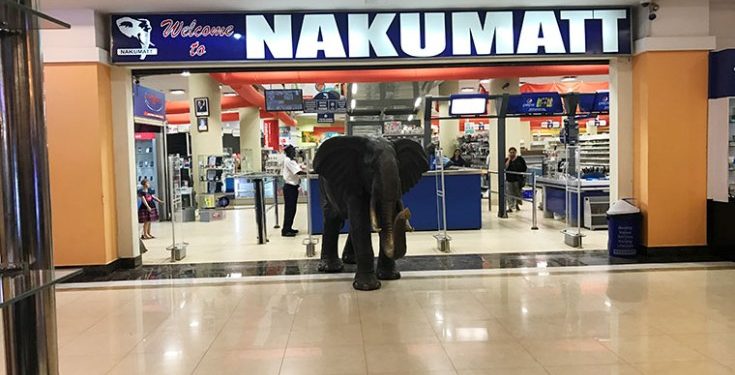Investors who bought into the KSh 4 billion commercial paper issued by Nakumatt Holdings, now in liquidation, are a worried lot.
Analysts are of the opinion that unsecured creditors, such as Amana Capital, which participated in the debt instrument, will not recover their cash.
“So, if Nakumatt’s assets are sold off and there is enough to pay everyone else in the order of preference and there remains cash for unsecured creditors, then Amana will recover something. In my opinion, it is highly unlikely unsecured creditors will get anything out of Nakumatt’s liquidation,” said Mr Gerald Muriuki, an analyst at Genghis Capital.
Nakumatt defaulted in repaying this short term loan, forcing the regulator to freeze this instrument. Thus, clients of investment managers such as Amana Capital, who bought this financial instrument, cannot recall their capital.
A commercial paper is short term loan where a company borrows directly from investors.
“Nakumatt Holdings borrowed from some large investors (fund managers) through a commercial paper, which is usually unsecured meaning it has no guarantee (collateral). So, following the liquidation of Nakumatt, holders of this instrument will be paid from proceeds of liquidation after administrators fees, taxes and secured creditors, banks mostly, have been paid,” said Gerald Muriuki, an analyst at Genghis Capital.
The order of payment by a company under liquidation is outlined in the Insolvency Act, 2015.
Following financial problems at Nakumatt holdings, Athi River Mining (ARM) and other firms that have issued commercial paper, investors are being urged to be keen when making their investment decisions.
Following a default by Nakumatt Holdings, investors in the commercial paper are expected to be much more stringent in evaluating these financial instruments as well as their issuers and are even likely to ask for collateral.
Industry sources told The Kenyan Wallstreet that Nakumatt commercial paper is frozen in class A. Thus cash cannot be withdrawn from the Amana Capital Shilling money fund, which is 30 per cent for any person who was in this fund before December 2017. Anyone who came after December 2017 is not affected.
Amana Capital, who now possesses an asset that is impaired, has the option of writing it off and taking the loss. But if its shareholders are cash-rich, they can cover the loss. If not, then the unit holder bares the investment risk.
The Investment Manager’s Shilling fund has remained frozen over the last two years, locking out those who bought put their cash in the unit that was invested in the commercial paper.
Amana Capital put some KSh275 million in Nakumatt’s commercial paper, an amount that represented 20 per cent of its assets.
Nakumatt defaulted on the commercial paper holders, exposing banks, insurance firms and other investors, to losses.
The fund manager has told its clients said it is working with the Capital Markets Authority (CMA) and stakeholders to ensure recovery of the funds. On the list of options is shareholders’ capital injection or taking legal action against Nakumatt holdings.
“We are currently in discussion with our regulator Capital Markets Authority, and other stakeholders and it is for this reason we are kindly requesting additional patience as we work through it. A resolution will be communicated to you before 29 February 2020,” said Amana Capital in its communication to clients.




